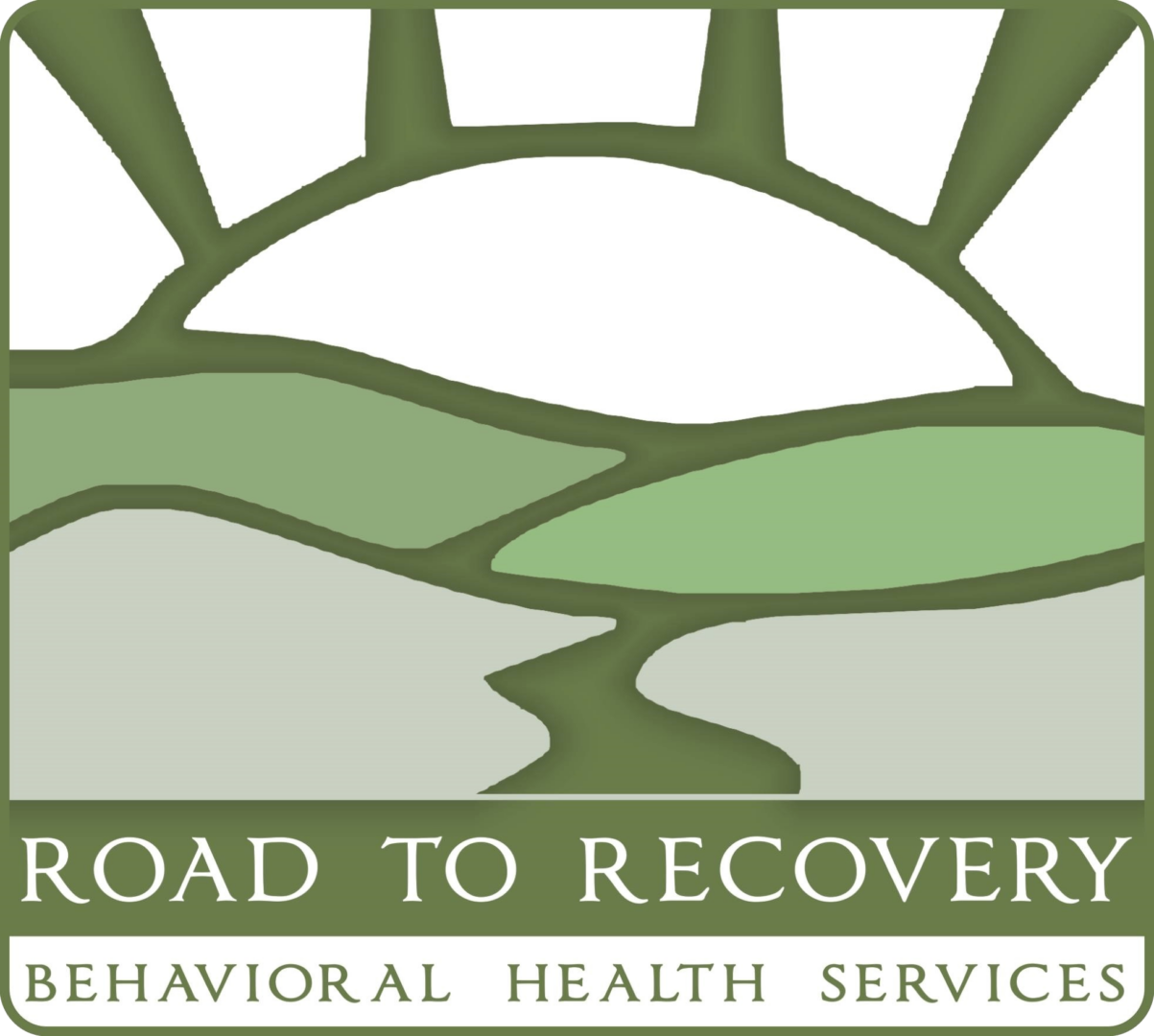Your First Step
on The Road to Recovery
The purpose of a clinical diagnostic evaluation is to determine whether or not an individual is presenting symptoms of an addictive disease and/or a co-occurring psychiatric disorder. Our clinical evaluations assess every aspect of an individual’s functioning from substance use and/or abuse to medical, mental health, family, work, education, and legal history.
At the conclusion of the evaluation, an accurate diagnosis and appropriate treatment options, when indicated, are reviewed and discussed with the individual.
The evaluation takes place on an outpatient basis and includes a comprehensive written report. For each type of clinical evaluation, we administer a number of psychometric tests and review collateral documentation such as court documents, hospital, medical and treatment records, and prior psychological and psychiatric evaluations. If you or someone you might know would benefit from a clinical diagnostic evaluation, please contact us for a confidential appointment or make a referral.
“A Journey of a Thousand Miles Begins With the First Step” – Lao Tzu
Substance Use Disorder Evaluations
These are evaluations conducted on individuals with a potential substance use disorder, non-DUI offenders. Maybe a voluntary individual seeking help or someone referred for a substance-related offense, but it is not meant for driver's license reinstatement purposes. Common cases are individuals referred by the courts for Possession of Controlled Substances, Disorderly Conduct, Criminal Trespass, Reckless Driving, and similar offenses if alcohol was related to the offense.
DBHDD DUI Offender Evaluations
These are evaluations regulated by the State of Georgia DUI Intervention Program. These evaluations must be conducted, per Georgia Law, on all post adjudication DUI offenders (first and multiple) for driver's license reinstatement.
Out-of-State DUI/DWI
Clinical Evaluations
A number of states require clinical evaluations for DUI/DWI offenders. Our Out-of-state evaluations are conducted by nationally certified addiction counselors and are valid and recognized throughout the United States.
Domestic Violence Evaluations
Georgia law prohibits conducting domestic violence evaluations on individuals convicted of misdemeanor offences under the Family Violence Act. Our evaluations are conducted on cases prior to conviction and cases referred by DFCS, divorce attorneys, and cases that do not fall under the Family Violence Act such as reduced sentences to Disorderly Conduct and similar cases.
Anger Management Evaluations
These evaluations are conducted on cases that are specifically referred by criminal defense attorneys or the courts for offenses related to lack of impulse control. Violent offenses involving two non-related individuals would benefit from assessing the level of violence and impulsivity in addition to issues such as substance abuse or dependence which may be influencing the individual's behavior.
Mental Health/ Bio-Psychosocial Evaluations
These evaluations are general diagnostic evaluations for a number of behavioral health problems. Individuals may present with problems related to inappropriate discipline with children that may have led to parenting-related issues. Others may present numerous behavioral health problems such as sexual deviations and/or issues related to childhood trauma.
Immigration Diagnostic Evaluations
In immigration matters, a comprehensive bio-psycho-social clinical evaluation conducted by a bilingual and multicultural licensed mental health professional with over two decades of clinical experience working with immigrant populations can make a huge difference in the outcome of an immigration case.
Our clinically sound evaluations help the best immigration attorneys in cases such as a waiver petition for extreme hardship, trauma related to domestic abuse (VAWA) or victims of crime (U-Visa), Cancellation of Removal, Political/Humanitarian Asylum, and even Applications for Naturalization when the individual has been found to lack good moral character due to a substance or other mental health-related disorders.
